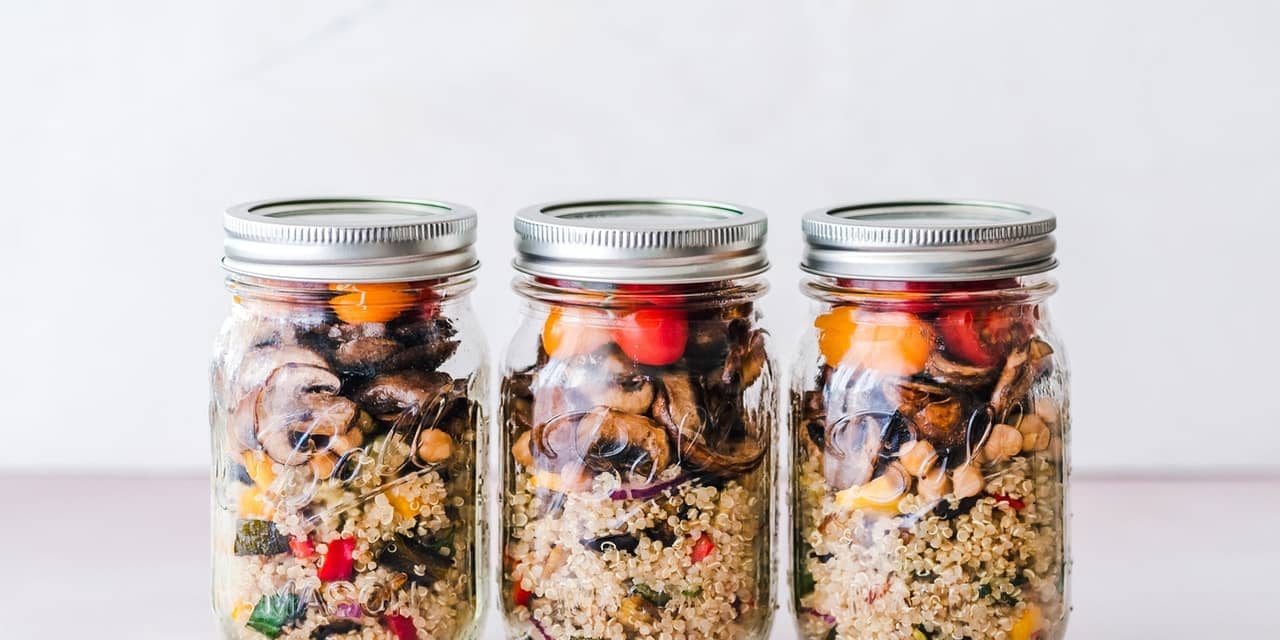Do you want to learn how to stick to a healthy diet? In this short read, you’ll discover practical tips to maintain a healthy diet that works for you.
Just a little heads up: some of the links in this blog are affiliate links, which means if you click on them and make a purchase, we may earn a small commission at no additional cost to you. 😊
We only recommend products and services we genuinely believe in and have personally used or researched. Your support through these links helps us keep bringing you valuable content, so thank you for being amazing!
Estimated reading time: 3 minutes
We should all be following healthy diets on a day-to-day basis. Of course, this is easier said than done. Here are a few suggestions that should help you to get started on this journey in the right direction.
Here’s What You’ll Discover:
Calories Aren’t the Enemy
One of the first things people begin to focus on when implementing a healthy diet into their lives is calories. We’ve been told year after year by many dieting companies that calories are the enemy. That they’re bad for us and we should reduce the amount we eat. But this isn’t true at all.
It’s important that you actually understand what calories are in order to form a healthy relationship with them and to prevent issues such as undereating or overeating – both of which can give you a lot of health problems in the long run. Put simply, calories are a unit of measurement that simply indicates how much energy is in different types of food.
Energy is the fuel your body needs to function. Too little and you will struggle to get on with day-to-day tasks. Too much and you will experience issues such as being overweight or obese.
There are a recommended number of calories that every person should eat each day and this number can vary as a result of individual factors. These factors can include your age, sex and activity levels. The guide below should give you a rough idea of how many calories to eat on a day-to-day basis. For more tailored recommendations, visit your doctor who will be able to assess what’s best for you as an individual.
- Active women aged 14 to 30 – 2400 calories
- Sedentary women aged 14 to 30 – 1800 to 2000 calories
- Active men aged 14 to 30 – 2800 to 3200 calories
- Sedentary men aged 14 to 30 – 2000 to 2600 calories
- Active adults over 30 – 2000 to 3000 calories
- Sedentary adults over 30 – 1600 to 2400 calories
Make Sure You’re Getting Your Nutrients
How much you eat isn’t the only important factor here. What you eat is extremely important too. It’s all good and well sticking to your calorie count, but if you’re staying within your calorie limit and only eating junk food, chances are, your body isn’t going to be in the best shape it can be.
Instead, you can experience issues such as deficiencies, lack of energy, eating excess salt, consuming excess sugar, or having way too much saturated fat in your diet and system. So, it’s important that your diet is balanced, varied, and provides your body with the nutrients it requires. If you notice any gaps in your diet, you can also try supplements. You can go here to find out more about this.
Meal Plan
If you’re finding it hard to stick to healthy eating and keep finding yourself swaying towards convenience foods, try meal planning. This will allow you to shop for and prepare healthy meals throughout each week.
Hopefully, some of the tips above will help you to maintain as healthy a diet as possible going forward. Each tip can make a huge difference, so try to stick to these recommendations!
You May Also Enjoy Reading These Articles








